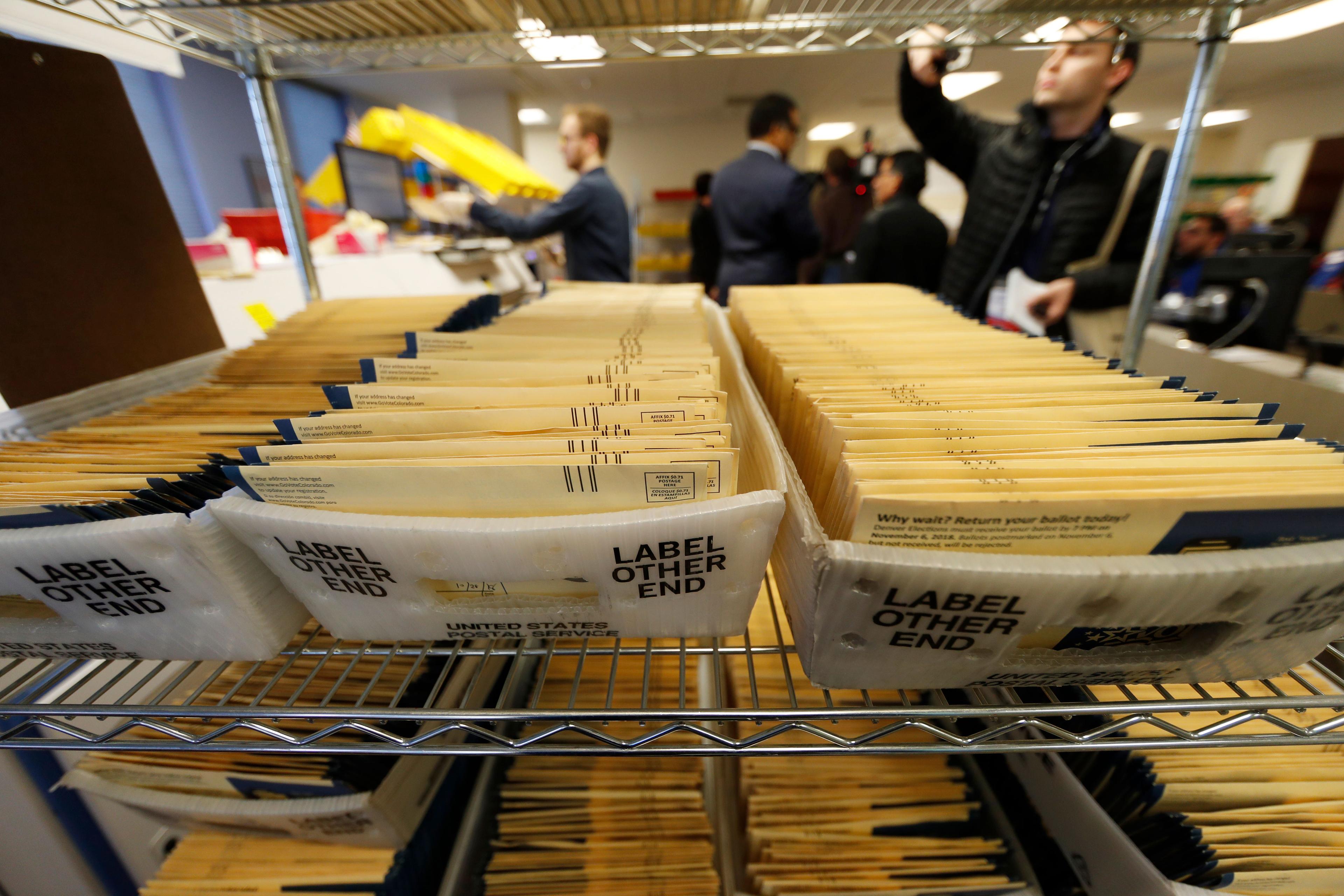
When it comes to controversial issues in Colorado, abortion and Front Range development are high on the list. And voters could find questions about both on their 2020 ballots.
The Title Board, the body of officials who make sure initiatives conform to state rules, gave preliminary approval on Wednesday to the language of one measure banning abortions after 22 weeks and another that would cap residential growth on the Front Range.
Barring appeals from opponents, backers of each measure can start collecting signatures once their petition formats are finalized in the next few weeks. Nearly 125,000 valid signatures are required for an initiative to qualify for the statewide ballot in 2020.
Advocates Want Late-Term Abortion Ban
Currently, Colorado is one of a handful of states that does not restrict abortion access based on how far along a pregnancy is. That’s a situation some activists want to change.
Their initiative would make it a felony for a doctor to perform an abortion after 22 weeks of pregnancy — unless the mother's life is at risk. The penalty would fall on the medical professional who performed the procedure, not the woman who got it.
If approved by voters, the measure would directly affect the Boulder Abortion Clinic, one of the few facilities in the country that performs the procedure late into pregnancies.
“So in other states it may be more of an argument in theory or an argument principle,” said Suzanne Staiert, an attorney and former deputy secretary of state who is advising the advocates, about banning abortions later in pregnancy. “But in Colorado this is something that is actually happening here in our state.”
Advocates for abortion access say the decision should be left to doctors and women, based on the mother's health and the condition of the fetus.
In response to other controversies over Colorado’s abortion laws, Aurora OB-GYN Rebecca Cohen has said that not restricting the procedure based on gestatational age takes “into account the complex, often devastating, sometimes dangerous circumstances that lead people to seek abortion later in pregnancy.”
After the Title Board provisionally approved the ban’s language, the abortion rights group NARAL Colorado tweeted their opposition.
Growth Cap Could Harness Front Range Backlash
Anti-growth advocates celebrated a victory Tuesday night when Lakewood voters passed a 1-percent cap on new housing in the city. Now, they may take that policy to voters statewide.
The measure they’re pushing would extend the policy to 11 Front Range cities and counties, from Fort Collins to Colorado Springs, for at least two years, after which local voters could choose to lift the restrictions for their communities.
Golden resident Daniel Hayes is behind the plan — which he says is needed to check out-of-control growth along the Front Range.
“The traffic, the school costs, and we don't have the water,” Hayes said, ticking off the downsides to the Front Range’s recent boom. “We really don't have the public facilities. It's become a quality-of-life issue.”
However, opponents say restricting growth will only intensify the area’s housing shortage, further driving up the cost of living for residents.
“Anti-growth measures are really dangerous. People can't live where they work. They can't stay in their communities. And it jacks up the affordability of current housing by limiting the amount that's available for folks,” said Cathy Alderman with the Colorado Coalition for the Homeless.
Coloradans have gotten used to long ballots, thanks to the initiative process. But so far, no citizen measures have qualified for the 2020 ballot, and only two have even reached the signature-gathering phase. One would increase severance taxes for oil and gas drillers and the other would reintroduce wolves to Colorado.
CPR's Megan Verlee contributed to this report.









